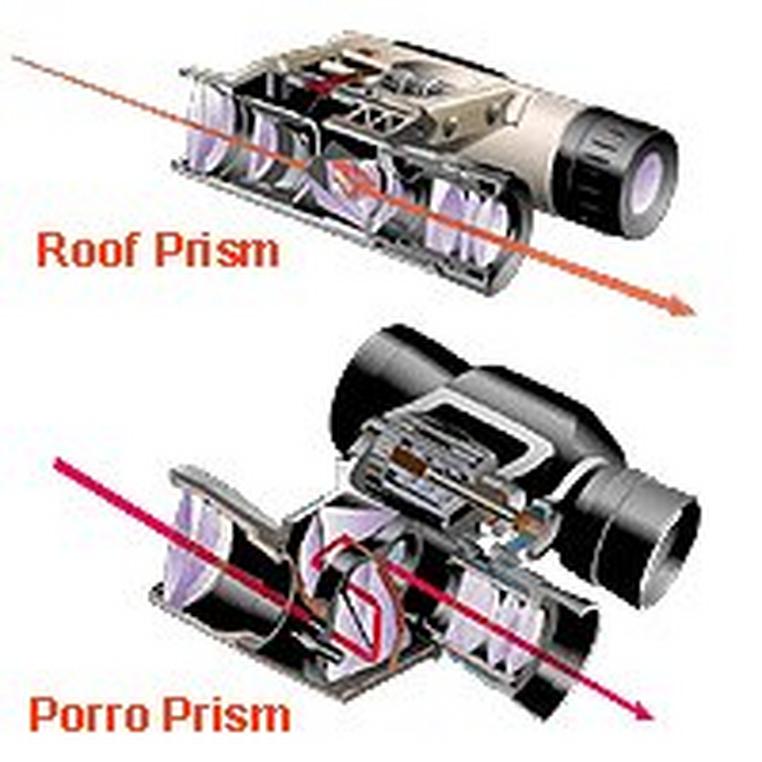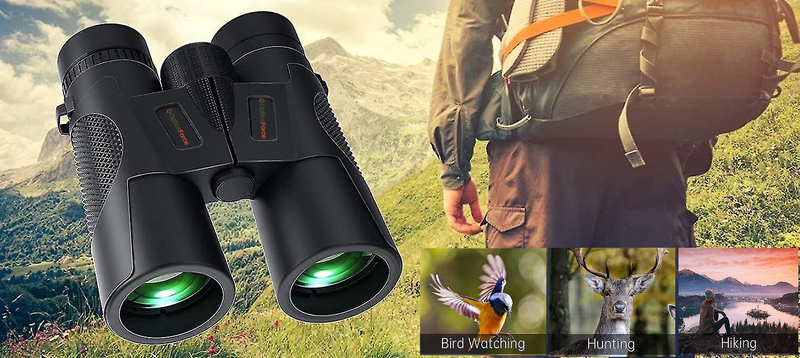Why Buying Good Binoculars Improves Your Outdoor Experience
Why Buying Good Binoculars Improves Your Outdoor Experience
Blog Article
The Importance of Field Glasses in Education And Learning and Scientific Study: Exactly How These Optical Instruments Contribute to Learning and Expedition
The combination of binoculars right into educational settings and clinical research is usually forgotten, yet their payment to improving empirical skills is significant. In self-controls varying from environmental scientific research to astronomy, field glasses offer as vital tools that advertise questions and crucial reasoning.
Enhancing Observational Abilities
In instructional and research study setups, the use of binoculars substantially improves empirical skills amongst pupils and specialists alike. These optical tools facilitate a much deeper understanding of distant subjects, enabling individuals to observe information that would certainly or else continue to be hidden. By using field glasses, students can analyze wildlife, astronomical sensations, and geological formations, promoting an extra extensive connection to the topic.
Field glasses function as vital devices in field studies, encouraging students to engage actively with their setting. With boosted observation, they can collect information more effectively, resulting in enhanced logical abilities. This hands-on experience permits the growth of important reasoning, as pupils need to interpret what they see and connect it to academic knowledge.

Bridging Concept and Technique
Observational skills established with making use of binoculars normally cause an extra extensive integration of theoretical understanding with practical application. By engaging in direct monitoring, students can transform abstract ideas right into substantial experiences. This synergy cultivates a deeper understanding of clinical concepts as pupils link theoretical structures with real-world sensations.
As an example, when researching avian biology, trainees can use their understanding of bird makeup and behavior through the lens of field glasses, observing qualities such as plumage variant, feeding routines, and migratory patterns. This straight involvement not just strengthens academic principles but additionally grows critical thinking and analytical skills.
In addition, making use of field glasses motivates learners to formulate theories based upon their observations, thereby boosting their clinical query abilities. They can proactively evaluate these hypotheses in the field, bring about a more experiential learning atmosphere that advertises interest and exploration.
Essentially, binoculars act as a crucial tool in bridging the space between class discovering and fieldwork - Binoculars. They empower students to become active participants in their education and learning, motivating an alternative method to recognizing the all-natural world the original source and its intricacies. Therefore, the combination of concept and method is important for fostering notified and involved learners
Applications in Environmental Science
Using binoculars in ecological scientific research boosts the capability to observe and assess ecological communities with better accuracy. These optical tools are essential for conducting field research studies, enabling researchers to keep an eye on wild animals populations, examine plant health, and examine habitat problems without disturbing the native environment. Binoculars help with the recognition of types at numerous ranges, enabling scientists to collect important information on biodiversity and actions.
In ecological research, binoculars are vital devices for ornithologists researching bird behavior and migration patterns. They allow researchers to videotape monitorings over long durations, adding to useful longitudinal research studies - Binoculars. In addition, field glasses play an essential role in environment evaluations, as they permit the thorough monitoring of plant areas and their communications within environments
Ecological instructors additionally profit from binoculars, as these tools improve experiential understanding chances. Trainees can involve straight with their surroundings, fostering a much deeper appreciation for eco-friendly systems. By including binoculars right into curricula, teachers can motivate the future generation of environmental scientists.
Role in Astronomy Education
Making use of binoculars in astronomy education supplies an easily accessible gateway for students and lovers to discover celestial phenomena (Binoculars). Unlike huge telescopes, field glasses are mobile, user-friendly, and reasonably inexpensive, making them an ideal introductory tool for observing the evening skies. Trainees can conveniently engage with the cosmos, cultivating a hands-on learning experience that boosts their understanding of huge concepts
Binoculars permit customers to observe a variety of holy objects, consisting of the Moon, worlds, and celebrity clusters. Significantly, binoculars offer as a bridge to much more complicated huge instruments, offering fundamental experiences that can stimulate much deeper interest in the field.
In academic settings, guided binocular sessions can advertise group cooperation and conversation, enhancing the learning experience. The shared experience of observing celestial bodies can grow a sense of neighborhood among students. Overall, field glasses play a crucial function in debunking astronomy, making it approachable and appealing for people in any way degrees of education.

Motivating Inquisitiveness and Inquiry
Field glasses not just help with the monitoring of holy sensations but also ignite a sense of my explanation inquisitiveness and questions amongst students. By providing a better take a look at distant objects, field glasses motivate students to ask concerns and discover the atmosphere around them. This tool changes passive understanding into an active, appealing experience, fostering a deeper understanding of scientific ideas.
When students make use of field glasses to observe wild animals, landscapes, or huge items, they establish observational abilities that are essential for clinical inquiry. The act of focusing on certain information triggers them to create theories, conduct examinations, and draw final thoughts based upon their see this site monitorings. This procedure not only enhances their important assuming abilities however additionally supports a long-lasting passion for expedition.
Moreover, field glasses can connect the space between theoretical expertise and real-world application. Eventually, the usage of binoculars in academic settings offers as a stimulant for interest, equipping trainees to pursue knowledge with interest and fostering a sense of marvel about the world around them.
Conclusion
In summary, field glasses serve as crucial devices in education and clinical research study, substantially boosting empirical skills while linking the gap between academic expertise and practical application. Their diverse applications in fields such as ecological scientific research and astronomy emphasize their relevance in cultivating interest and query amongst pupils. By helping with thorough assessments of distant topics, binoculars not only motivate the future generation of researchers however likewise grow an extensive appreciation for expedition and the clinical approach.
Report this page